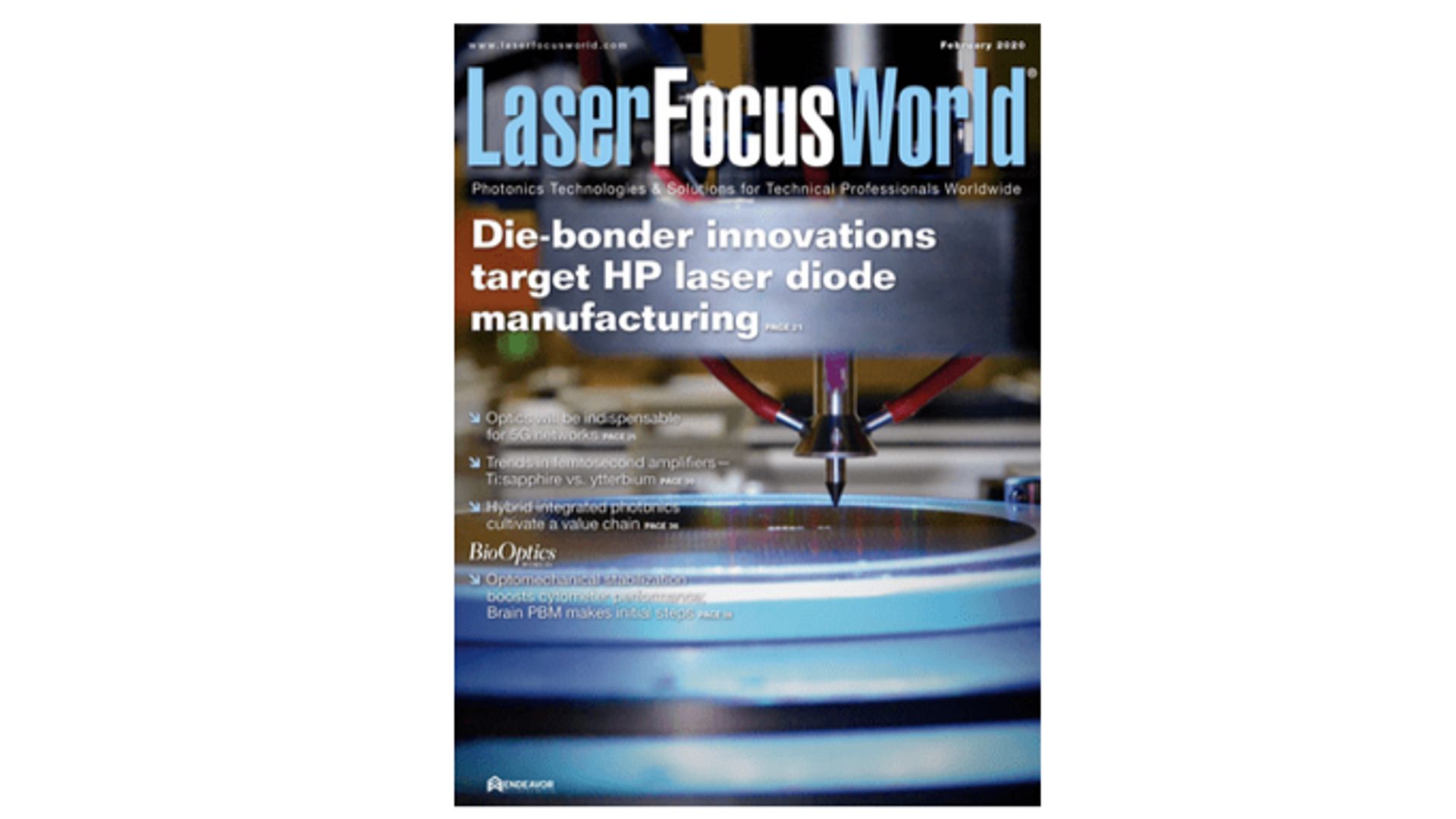High-power Laser Diode Manufacturing Challenges
This excerpt from MRSI Systems featured article in Laser Focus World highlights the HPLD industry manufacturing challenges and a die bonding solution to address these challenges.

Critical process challenges
The die bonding process is the most critical packaging step in HPLD manufacturing. During this process, a HPLD die in a form of either a chip or a bar is attached to a heat-sink substrate using a gold-tin (AuSn) eutectic bonding process. The joint between the die and the heat sink is typically AuSn solder using a eutectic bonding technique. The HPLD die can be single-emitter chips or multiple-emitter bar laser die. Regardless, the die bonding process is very critical for the HPLD product’s optical efficiency and field reliability.
Some challenges for this critical process include precision, eutectic quality, percent voids, and coplanarity, as well as high-mix, high-volume production.
- High–precision: meet <±1.5 μm die bonding placement accuracy and <0.5˚ angle accuracy; handle the fragile larger chip or chip length-to-width ratios exceeding 10; the chip critical dimension overhang and other position dimension within specification.
- Eutectic quality: achieve a thin, uniform, and void-free eutectic interface between the die and the heatsink substrate; shear test meet the product specification.
- Co-planarity & Void Free: The welding surface is evenly infiltrated and void free, the void % meet the industrial standard MIL-STD 883K Method 2030.2 and even customer more stringent specification.
- High-mix & high-volume production: have higher machine UPH and can bond single emitter chip or bar chip to different substrates in one machine without changeover.
Contact MRSI Systems today to learn about our solutions for HPLD manufacturing.
Read the full Laser Focus World article
Contact MRSI to learn more about our die bonding and epoxy dispensing solutions.